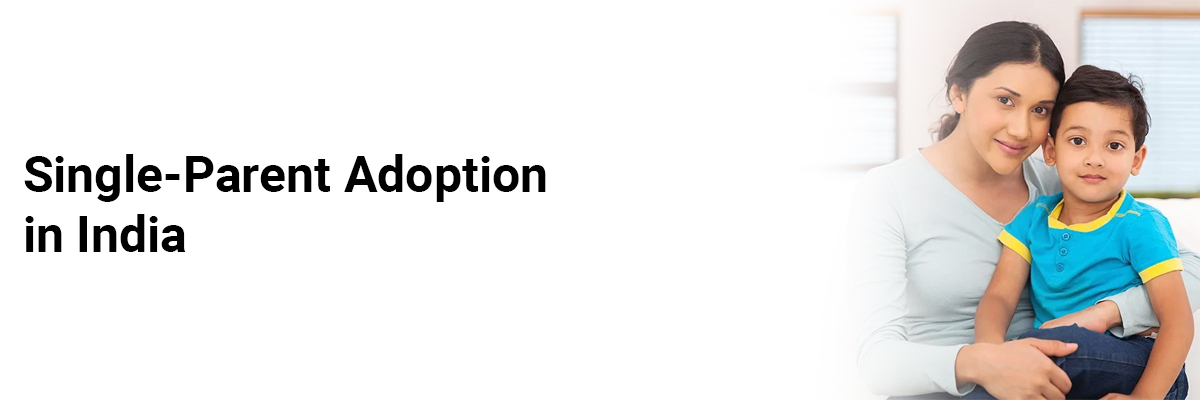
 IJCP Editorial Team
IJCP Editorial Team
Single-Parent Adoption in India
A recent study described the challenges and discrimination faced by single parents, particularly those opting for Single-Parent Adoption (SPA) in India. Despite legal provisions allowing single parents to adopt, there are constraints related to age, gender, and religion. The process involves extra scrutiny and documentation, deterring many prospective parents.
This article highlighted the challenges faced when approaching SPA within the societal context and the prevailing bias against non-traditional family structures. The Ministry of Women and Child Development, Government of India, and the Juvenile Justice Act, 2015, have established adoption criteria. However, the adoption process for single parents involves additional scrutiny and documentation, discouraging many prospective parents.
While SPA remains a gray area in India with limited scientific research, global studies suggest common themes such as adjustment issues and identity crises in adoptees. Despite hurdles, there has been a steady increase in SPA, and some studies indicate lower emotional and behavioral issues in adoptees of SPA, particularly for emotionally disturbed children.
The authors addressed societal prejudices based on the gender of the single parent. Regardless of gender, the desire to be a parent is comparable, with challenges in adoption equally daunting for both genders. The decision to ease SPA approval in India should consider the child's best interests.
The article critiques the existing loop in research that compares SPA to two-parent adoption – suggesting that for many children who are in need, the alternative to a single parent is often no parent due to fewer adoption requests.
The author advocates for policy changes that eliminate discrimination against SPA––emphasizing that a child's life with substantial support from a single parent could be better than life in an orphanage. Abolishing discriminatory policies can aid in promoting research opportunities and increasing child adoptions.
Limited research on SPA in India highlights common themes globally, such as adjustment issues and identity crises in adoptees. Incidentally, some studies suggest lower emotional and behavioral issues in SPA adoptees. There exists a need for evidence-based policies; the researchers acknowledge the importance of common sense, which should prevail in the absence of extensive research.
Source: Gupta P, Gupta P. Indian Pediatrics. 2023 Nov;60(11):939-40.

IJCP Editorial Team
Comprising seasoned professionals and experts from the medical field, the IJCP editorial team is dedicated to delivering timely and accurate content and thriving to provide attention-grabbing information for the readers. What sets them apart are their diverse expertise, spanning academia, research, and clinical practice, and their dedication to upholding the highest standards of quality and integrity. With a wealth of experience and a commitment to excellence, the IJCP editorial team strives to provide valuable perspectives, the latest trends, and in-depth analyses across various medical domains, all in a way that keeps you interested and engaged.




















Please login to comment on this article